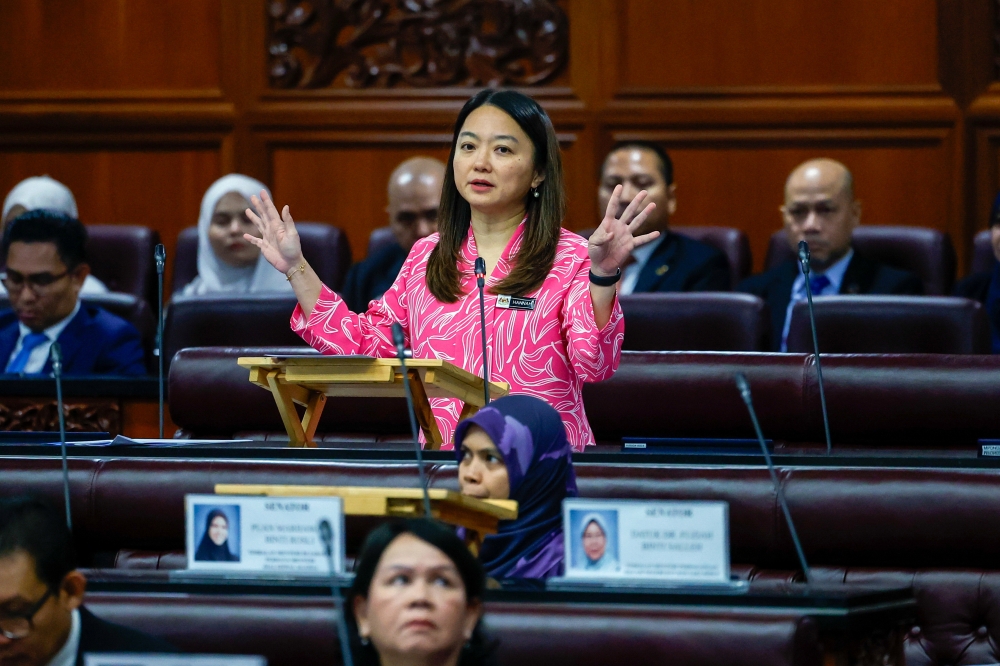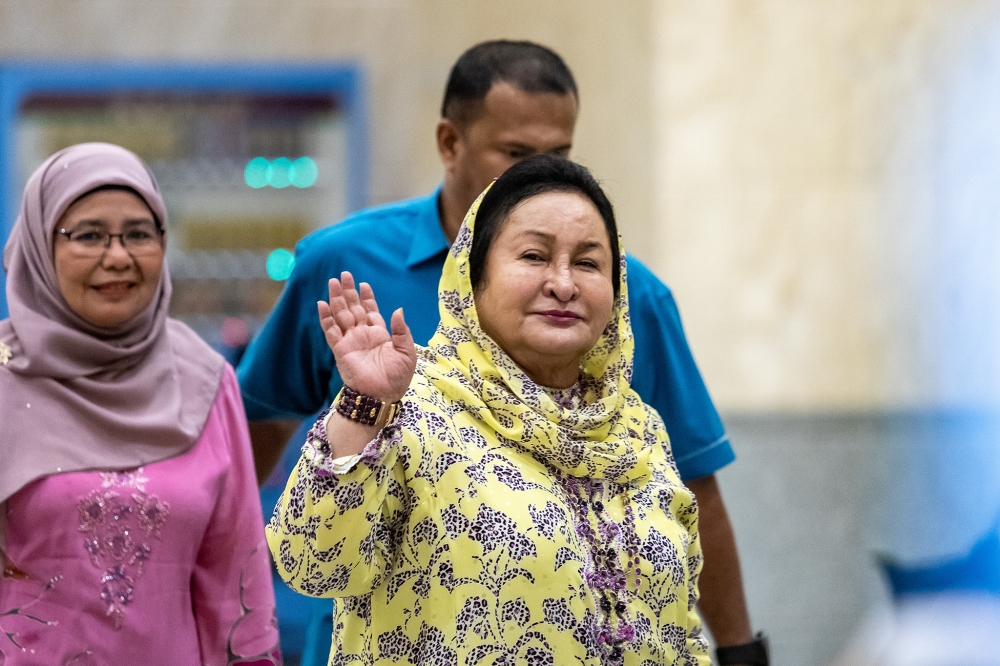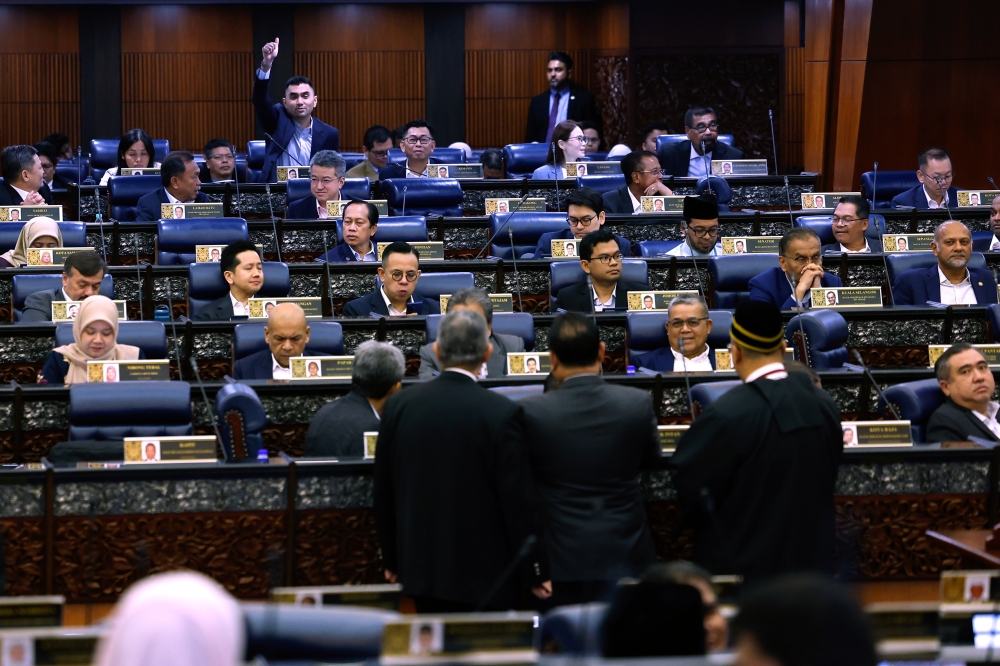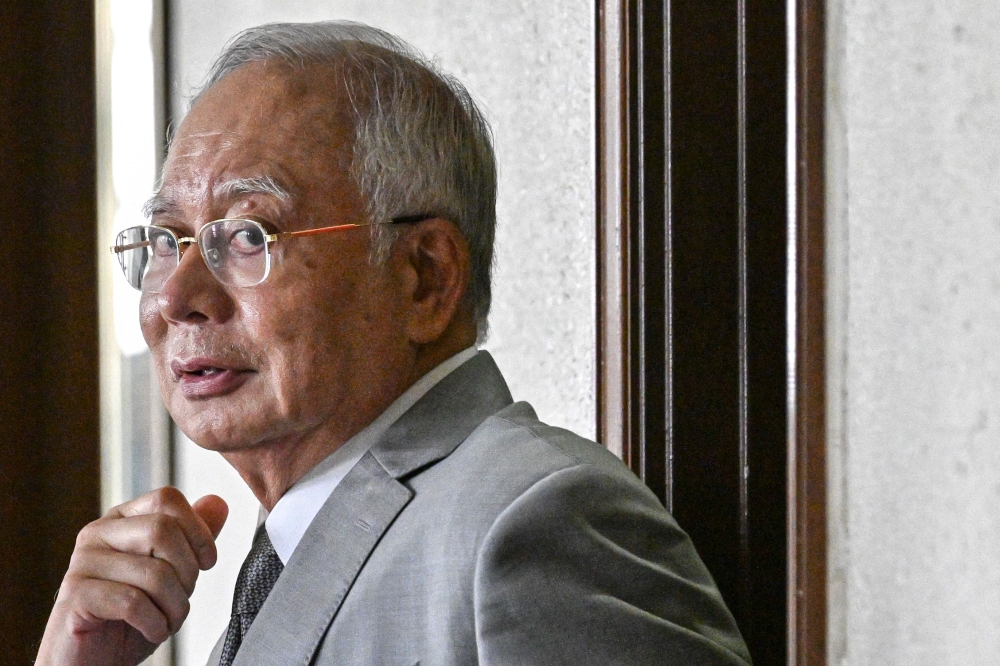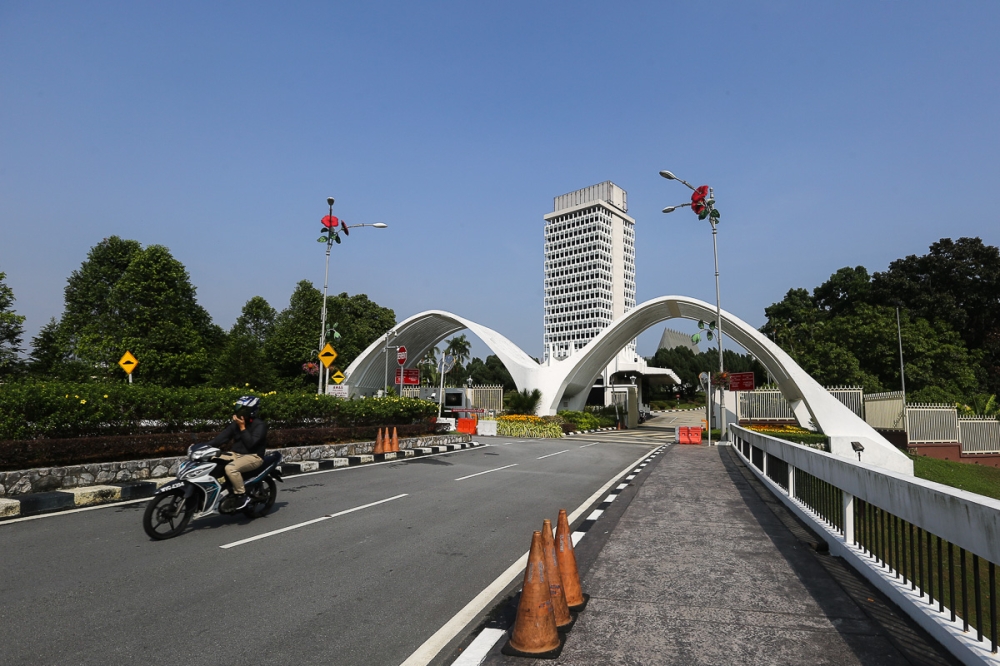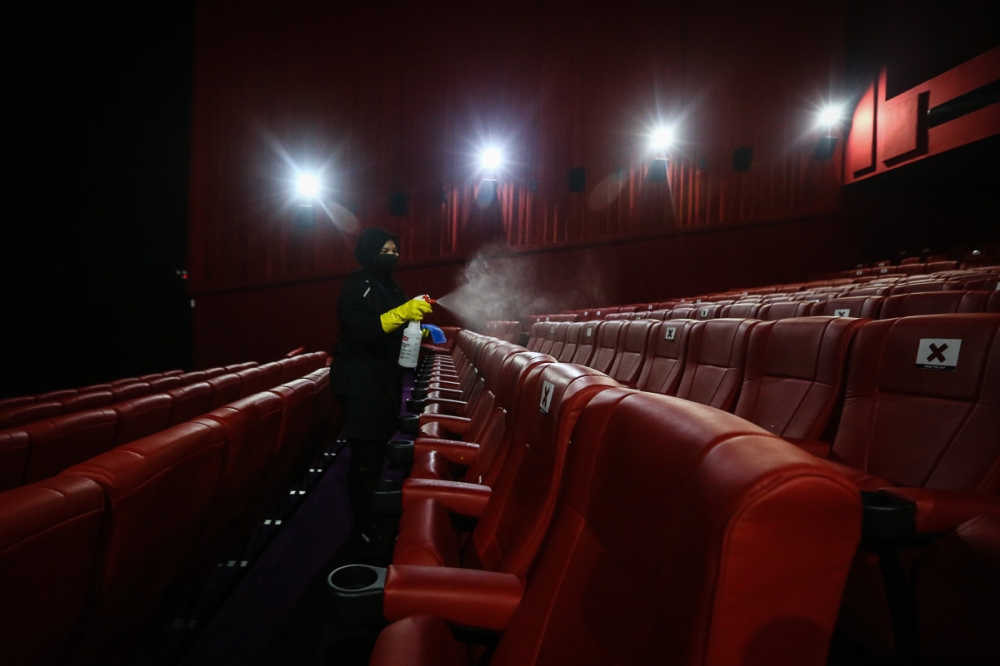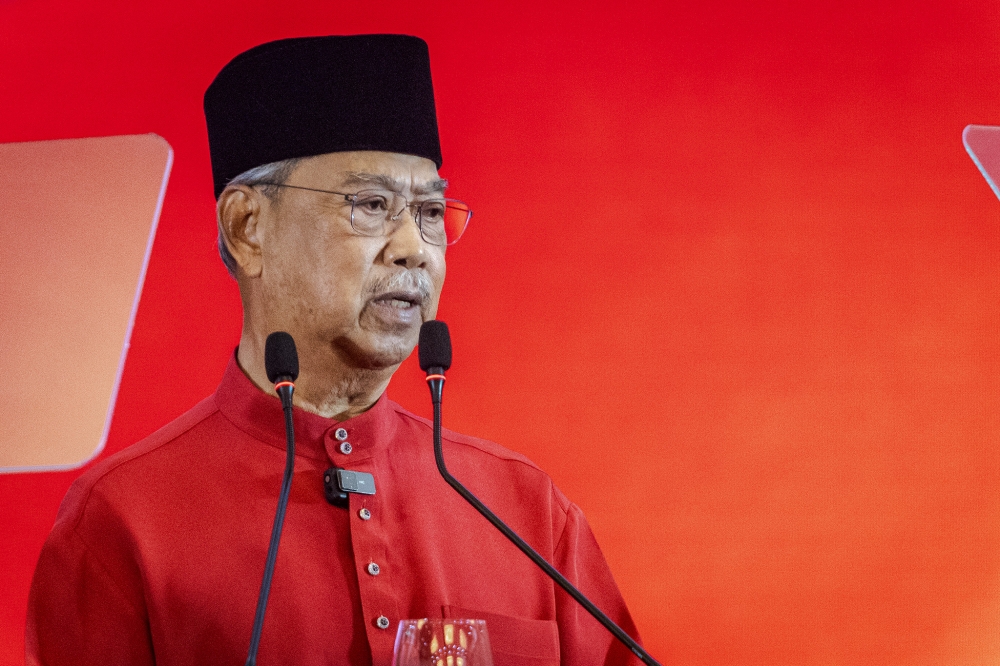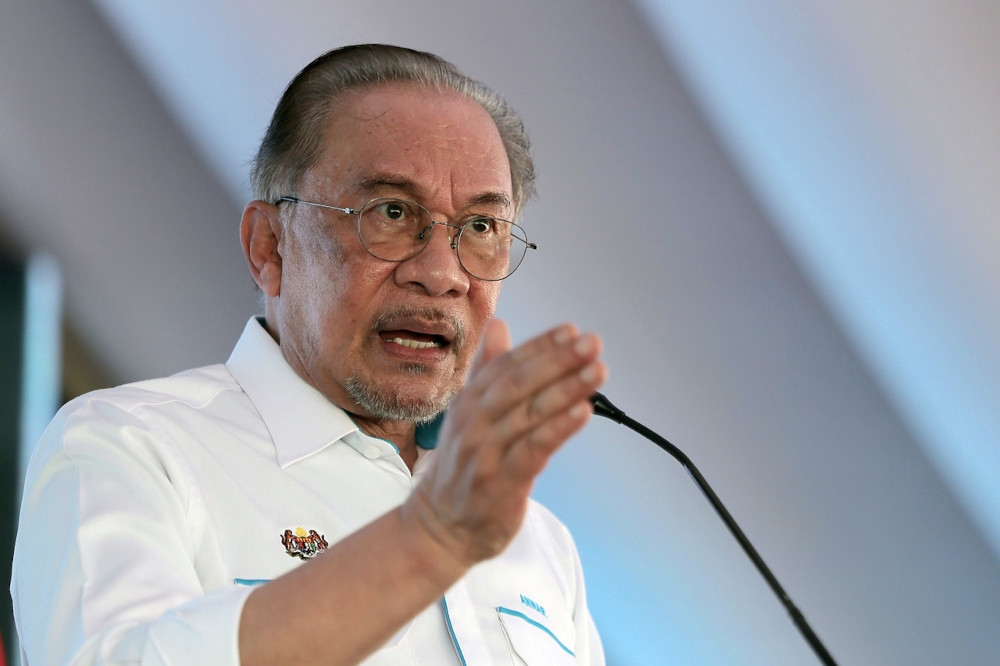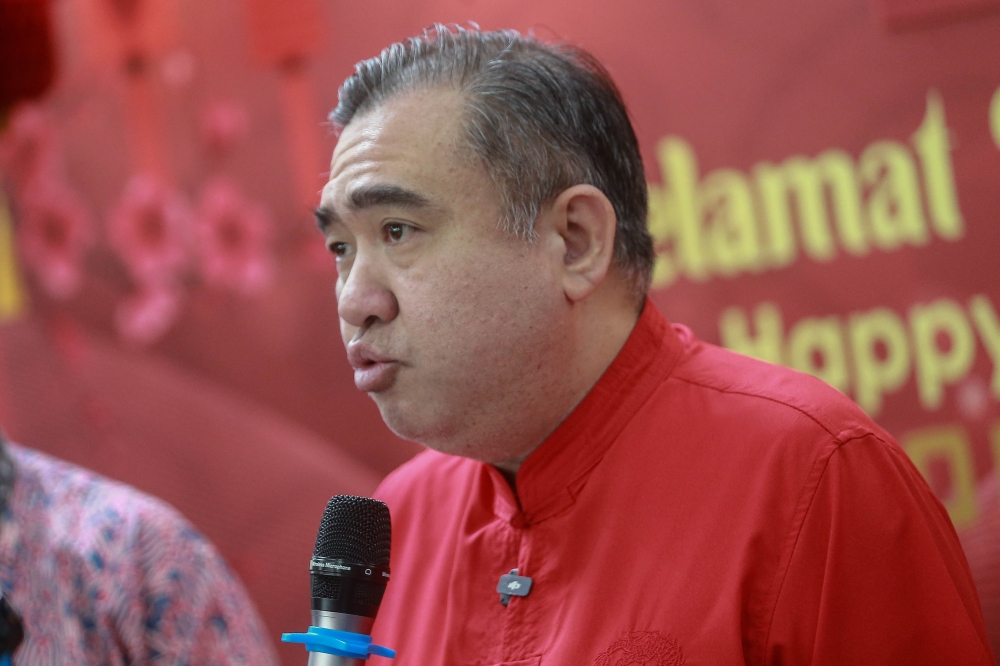NOVEMBER 25 ― After two 6-0 losses to Palestine and a 10-0 mauling at the hands of UAE in the Football World Cup qualifiers, the only sound seemed to be that of the final nail in the coffin.
Even a much improved display in a 1-2 loss to UAE in the return leg did nothing to dispel the gloom. Football in particular, and Malaysian sport in general, seems to have entered a state of perpetual decline and the only race is the one to the bottom. As Lee Chong Wei and Nicol David enter the twilight of their careers, the light seems to only get dimmer.
Why is it that despite humongous sums of money being spent year after year, grand plans being drawn up and intensive camps being organised that Malaysian sport is only sinking deeper into the morass? Why are there so few bright sparks on the horizon?
The conventional answer has to do with sports administration in the country. Mismanagement of funds, politics within the office-bearers and insinuations of regional and racial biases in selection have all been thrown around. The declining importance given to sport in the school system and by parents alike are also seen as shrinking the talent pool available.
It is undeniable though that the decline is more pronounced in team sports like football and hockey than in individual sports like squash, bowling or badminton where Malaysian athletes still compete at the highest level. Cyclists like Aziz Awang and Joshua Ng and divers like Pandelela Rinong have also made the nation proud recently. In contrast, while Malaysia was ranked 75th in the 1993 FIFA Football country rankings, today it is ranked 171st. In men’s hockey Malaysia’s rank has slid from 10th in 2003 to 13th in 2015.
Apart from other failings, lack of teamwork is often cited as a major weakness of Malaysian teams. Is it possible that the state of team sports in the country is beginning to mirror the fragile nature of inter-ethnic relations in the country? Some of the teams at the junior level are beginning to look decidedly mono-ethnic in composition. Could it be a reflection of the ethnic segregation that is becoming prominent in the local school system between vernacular and national type schools?
If that is the case, it would be a great pity that the fundamental benefit of sport to a country ― that of fostering unity by giving the country an opportunity to rise above racial and religious biases in support of its national teams ― is lost to petty minded coaches and administrators.
And if this kind of divisiveness at the junior level is unchecked or condoned by the sporting and educational powers that be, then no amount of money thrown at facilities, equipment, training or coaches is going to help the state of team sport in the country. If national teams do not at all reflect the ethnic composition of the country, they will certainly not be fostering a national agenda, but a sectarian one.
If athletes have to worry about their attire and the religious and racial mores affected by their sporting endeavours, the talent pool will shrink even more; support for sport will lose its national character and performances will drop even more.
In this context, it becomes easy to understand why in individual sport, Malaysia has a number of high achievers who unfettered by extraneous constraints are able to combine their talent and hard work with the facilities and opportunities provided, to excel on the world stage.
Able to transcend or avoid the negativity born out of narrow biases, they use the encouragement of parents, mentors and coaches to focus solely on excellence.
Moving forward, if the decline in team sports is too difficult to halt, it might be worthwhile to focus on individual sport. And within individual sport, an important characteristic that emerges is the popularity of non-contact sports in Malaysia where one competes against oneself and then compare performances in golf, diving, bowling, cycling to sports like boxing and wrestling where an opponent is directly challenged.
Maybe a nation with no martial history and a fragmented society is most conducive for sport that challenges the self rather than others. These sports ― where ignoring all external distractions is the supreme virtue ― are producing promising young talent like Nicholas Fung in golf or Khairul Anuar Mohamad in archery.
If Malaysian team sports, like the rest of the country, needs a more inclusive society to prosper, individual sports nurtured right still allow for hope in the ideal of sport acting as a unifying force for the country.
*This is the personal opinion of the columnist.


